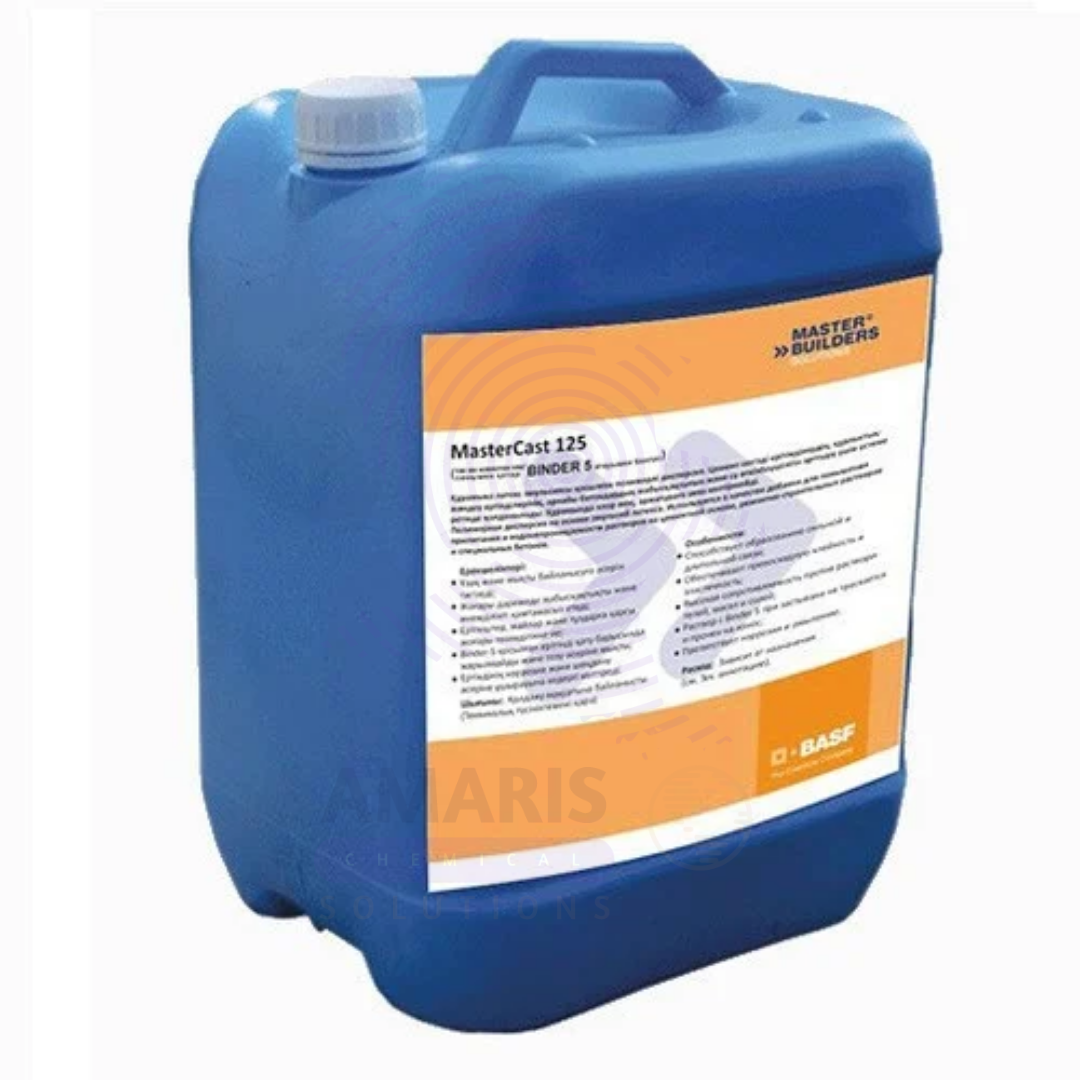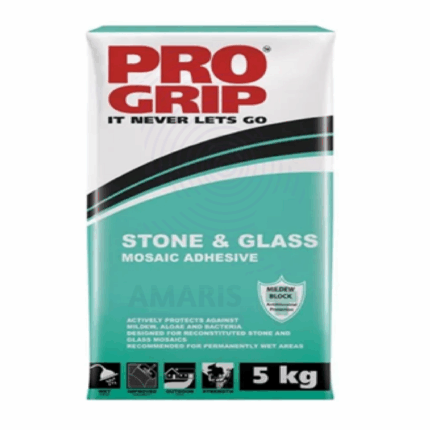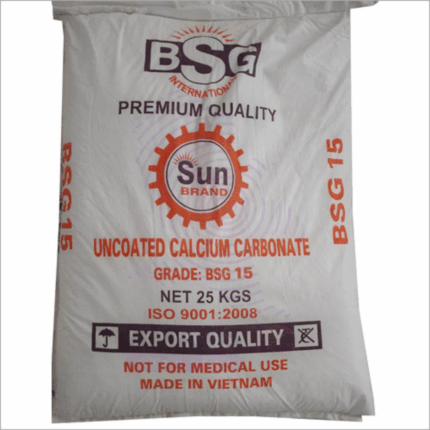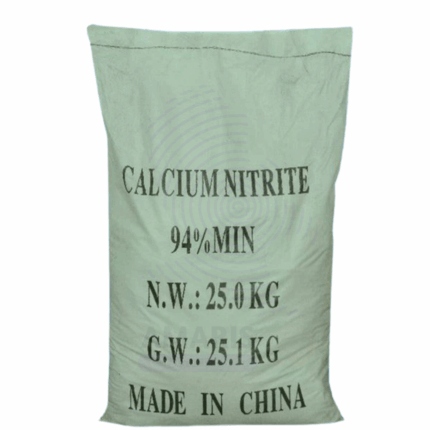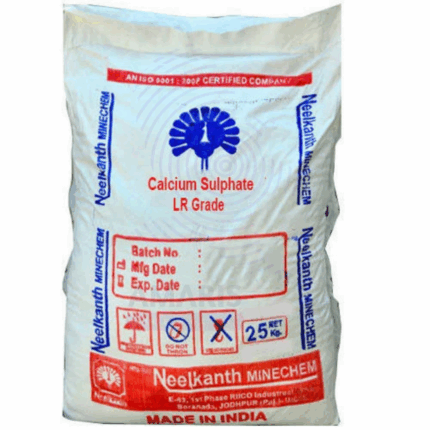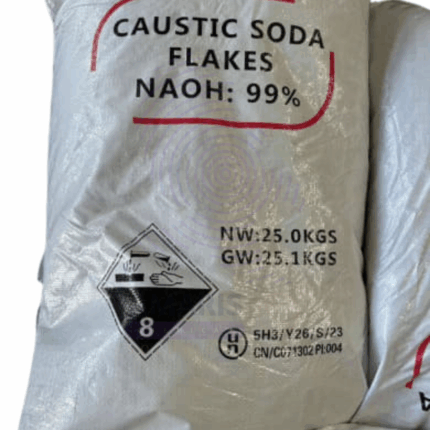“Borax Pentahydrate” has been added to your cart. View cart
Master Cast
Whatsapp Order
Master Cast is a high-quality gypsum-based casting material designed for producing precise and durable molds, prototypes, and decorative castings. It offers excellent flowability, rapid setting time, and high strength after curing. Master Cast is widely used in ceramics, sculpture, dentistry, and industrial mold-making applications where fine detail reproduction and surface smoothness are critical.
Category: Admixtures
Tags: Concrete additive, Concrete casting aid, Construction chemical, MasterCast, Surface hardener
Description
Table of Contents
Toggle
Master Cast
Primary Uses
- Ceramics and Sculpture
- Mold Making: Used for creating detailed molds for ceramic art, pottery, and sculptural pieces.
- Casting: Produces fine, accurate castings for artistic and decorative applications.
- Dental Applications
- Dental Models: Used for making precise dental molds, impressions, and study casts.
- Industrial Prototyping
- Prototype Production: Ideal for rapid prototyping and model making in manufacturing and design.
- Pattern Making: Used to create patterns for metal casting and other fabrication processes.
Secondary Uses
- Architectural and Decorative
- Ornamental Casting: Suitable for producing decorative elements like cornices, moldings, and statues.
- Educational Uses
- Teaching Aid: Used in schools and colleges for training in mold-making and casting techniques.
PRODUCT KEY FEATURES
- Basic Identification Attributes
- Chemical Name (IUPAC): Calcium sulfate hemihydrate
- Common/Trade Name: Master Cast
- CAS Number: 13397-24-5
- HS Code: 2520.10.00 (Gypsum; anhydrite)
- Synonyms: Plaster of Paris; gypsum powder; casting plaster
- Physical & Chemical Properties
- Physical State: Fine white powder
- Color & Odor: White; odorless
- Setting Time: Rapid setting, typically 5–15 minutes
- Strength: High compressive strength after curing
- Solubility: Slightly soluble in water
- Density: Approximately 0.9–1.0 g/cm³
- Safety & Hazard Attributes
- GHS Classification: Not classified as hazardous under normal use
- Toxicity: Low toxicity; inhalation of dust may cause irritation
- Exposure Limits: Avoid inhalation of dust; use appropriate PPE
- Storage & Handling Attributes
- Storage Conditions: Store in a dry, well-ventilated area away from moisture
- Container Type: Supplied in sealed bags or cartons
- Shelf Life: 12 months if stored properly
- Handling Precautions: Avoid dust inhalation; use dust mask and gloves
- Regulatory & Compliance Attributes
- Complies with relevant safety and quality standards for gypsum products
- Environmental & Health Impact
- Biodegradability: Not applicable
- Ecotoxicity: Low environmental impact when disposed properly
- Bioaccumulation: Not expected
SAFETY HANDLING PRECAUTIONS
- Safety Handling Precautions
PPE Required:
- Dust mask, gloves, and safety goggles during handling
Handling Guidelines:
- Avoid dust generation; handle in well-ventilated areas
Storage Measures:
- Keep bags sealed and dry to prevent clumping
- First Aid Measures
- Inhalation: Move to fresh air; seek medical attention if respiratory irritation persists
- Skin Contact: Wash with water and soap; seek medical advice if irritation develops
- Eye Contact: Rinse immediately with plenty of water; consult a physician if irritation continues
- Ingestion: Rinse mouth; seek medical attention if symptoms occur
- Firefighting Measures
- Fire Hazards: Non-flammable
- Extinguishing Media: Use extinguishing media suitable for surrounding materials
- Special Precautions: None specific to Master Cast
- Hazardous Combustion Products: None
Related products
Calcium Carbonate Uncoated
Calcium Carbonate Uncoated is a naturally occurring mineral compound composed primarily of calcium, carbon, and oxygen with the chemical formula CaCO₃. It appears as a fine white powder or granules, widely used as a filler, pigment, and functional additive across various industries. The uncoated form means the calcium carbonate particles are not surface-treated, retaining their natural properties. It is valued for its high brightness, whiteness, and excellent compressibility. Uncoated calcium carbonate is used to enhance opacity, improve processing, and reduce costs in plastics, paints, coatings, adhesives, rubber, paper, and construction materials.
Calcium Nitrite
Calcium Nitrite is an inorganic compound commonly supplied as a white crystalline powder or granules. It serves primarily as a corrosion inhibitor in reinforced concrete structures, protecting steel reinforcement from rust and prolonging structural lifespan. Calcium nitrite is also used in various industrial processes as an oxidizing agent and preservative. Due to its high solubility in water and strong oxidizing properties, it effectively prevents chloride-induced corrosion and improves concrete durability.
Calcium Sulphate
Calcium Sulphate is an inorganic compound composed of calcium, sulfur, and oxygen, commonly found in two forms: dihydrate (gypsum, CaSO4·2H2O) and anhydrous (CaSO4). It appears as a white or off-white crystalline powder or granules with low solubility in water. Calcium Sulphate is widely used in construction, agriculture, pharmaceuticals, food industry, and various industrial applications. It acts as a filler, hardening agent, and drying agent due to its physical and chemical properties. The dihydrate form (gypsum) is notable for use in plaster and cement, while the anhydrous form is often used as a drying agent and in refractory materials.
Caustic Soda Flakes
Caustic Soda Flakes, also known as Sodium Hydroxide Flakes (NaOH), are a highly alkaline, white, solid substance that is crystalline and flaky in form. Produced by evaporating aqueous sodium hydroxide solutions, these flakes are highly soluble in water and exhibit strong corrosive properties. Caustic Soda Flakes are widely used in a variety of industrial, chemical, and manufacturing processes due to their strong alkalinity, ability to saponify fats, and effectiveness in pH adjustment. Their high purity and ease of handling in flake form make them suitable for use in chemical synthesis, pulp and paper production, water treatment, and detergent manufacturing.
Eagle Homopolymer 510/50 50%
Eagle Homopolymer 510/50 50% is a high-purity homopolymer solution, typically referring to polyvinyl alcohol (PVA) or a similar water-soluble polymer supplied at 50% concentration. This product offers excellent film-forming, adhesive, thickening, and stabilizing properties, making it versatile in applications such as adhesives, textile sizing, paper coating, and packaging. The homopolymer’s controlled molecular weight and solution viscosity provide consistent performance and ease of handling. The 50% aqueous solution form facilitates easy mixing and incorporation into various formulations.
Eagle Styrene Acrylic 72/50
Eagle Styrene Acrylic 72/50 is a co-polymer emulsion consisting of styrene and acrylic monomers, offered at 50% active solids concentration in water. It appears as a milky-white, low-viscosity liquid with a mild odor. This polymer emulsion combines excellent film-forming properties, adhesion, and mechanical strength, making it widely used in coatings, adhesives, sealants, and functional binders across multiple industries.
Master Air
Master Air is a high-performance air release agent used primarily in concrete and construction applications. It facilitates the release of entrapped air bubbles from fresh concrete mixtures, improving workability, surface finish, and durability. This additive enhances the homogeneity of concrete by reducing air voids that can weaken the structure. Master Air is suitable for use in ready-mix concrete, precast elements, and other cementitious materials, contributing to improved mechanical properties and longevity of the final product.
Master Fibre
Master Fibre is a high-quality synthetic fiber additive designed to reinforce concrete and mortar mixtures. It improves structural integrity by enhancing tensile strength, reducing cracking, and increasing durability. The fibers disperse uniformly within the mix, providing better load distribution and impact resistance in industrial, commercial, and residential construction applications. Master Fibre enhances performance without compromising workability, making it ideal for use in concrete slabs, pavements, beams, and repair mortars.


 Acidulants
Acidulants Antioxidants
Antioxidants Nutraceutical Ingredients (food)
Nutraceutical Ingredients (food)
 Collectors
Collectors Dust Suppressants
Dust Suppressants Explosives and Blasting Agents
Explosives and Blasting Agents Flocculants and Coagulants
Flocculants and Coagulants Frothers
Frothers Leaching Agents
Leaching Agents pH Modifiers
pH Modifiers Precious Metal Extraction Agents
Precious Metal Extraction Agents
 Antioxidants(plastic)
Antioxidants(plastic) Colorants (Pigments, Dyes)
Colorants (Pigments, Dyes) Fillers and Reinforcements
Fillers and Reinforcements Flame Retardants
Flame Retardants Monomers
Monomers Plasticizers
Plasticizers Polymerization Initiators
Polymerization Initiators Stabilizers (UV, Heat)
Stabilizers (UV, Heat)
 Antifoaming Agents
Antifoaming Agents Chelating Agents
Chelating Agents Coagulants and Flocculants
Coagulants and Flocculants Corrosion Inhibitors
Corrosion Inhibitors Disinfectants and Biocides
Disinfectants and Biocides Oxidizing Agents
Oxidizing Agents pH Adjusters
pH Adjusters Scale Inhibitors( water)
Scale Inhibitors( water)
 Antioxidants(cosmetic)
Antioxidants(cosmetic) Emollients
Emollients Fragrances and Essential Oils
Fragrances and Essential Oils Humectants
Humectants Preservatives
Preservatives Surfactants(cosmetic)
Surfactants(cosmetic) Thickeners
Thickeners UV Filters
UV Filters
 Fertilizers
Fertilizers Soil Conditioners
Soil Conditioners Plant Growth Regulators
Plant Growth Regulators Animal Feed Additives
Animal Feed Additives Biostimulants
Biostimulants Pesticides (Herbicides, Insecticides, Fungicides)
Pesticides (Herbicides, Insecticides, Fungicides)
 Active Pharmaceutical Ingredients (APIs)
Active Pharmaceutical Ingredients (APIs) Excipients
Excipients Solvents(pharmaceutical)
Solvents(pharmaceutical) Antibiotics
Antibiotics Antiseptics and Disinfectants
Antiseptics and Disinfectants Vaccine Adjuvants
Vaccine Adjuvants Nutraceutical Ingredients (pharmaceutical)
Nutraceutical Ingredients (pharmaceutical) Analgesics & Antipyretics
Analgesics & Antipyretics
 Analytical Reagents
Analytical Reagents Chromatography Chemicals
Chromatography Chemicals Spectroscopy Reagents
Spectroscopy Reagents Molecular Biology Reagents
Molecular Biology Reagents Biochemical Reagents
Biochemical Reagents Inorganic and Organic Standards
Inorganic and Organic Standards Laboratory Safety Chemicals
Laboratory Safety Chemicals Specialty Laboratory Chemicals(Special Laboratory Equipment)
Specialty Laboratory Chemicals(Special Laboratory Equipment)
 Demulsifiers
Demulsifiers Hydraulic Fracturing Fluids
Hydraulic Fracturing Fluids Scale Inhibitors(oil)
Scale Inhibitors(oil) Surfactants(oil)
Surfactants(oil) Drilling Fluids
Drilling Fluids
 Dyes and Pigments
Dyes and Pigments Bleaching Agents
Bleaching Agents Softening Agents
Softening Agents Finishing Agents
Finishing Agents Antistatic Agents
Antistatic Agents
 Admixtures
Admixtures Waterproofing Agents
Waterproofing Agents Sealants and Adhesives
Sealants and Adhesives Curing Compounds
Curing Compounds Concrete Repair Chemicals
Concrete Repair Chemicals Anti-Corrosion Coatings
Anti-Corrosion Coatings
 Surfactants(cleaning)
Surfactants(cleaning) Builders
Builders Enzymes
Enzymes Solvents (Cleaning)
Solvents (Cleaning) Fragrances
Fragrances
 Electronic Chemicals
Electronic Chemicals Catalysts
Catalysts Lubricants
Lubricants Photographic Chemicals
Photographic Chemicals Refrigerants
Refrigerants Automotive chemicals
Automotive chemicals Pyrotechnic Chemicals
Pyrotechnic Chemicals
 Biodegradable Surfactants
Biodegradable Surfactants Bio-based Solvents
Bio-based Solvents Renewable Polymers
Renewable Polymers Carbon Capture Chemicals
Carbon Capture Chemicals Wastewater Treatment Chemicals
Wastewater Treatment Chemicals
 Pigments
Pigments Solvents(paint)
Solvents(paint) Specialty Coatings
Specialty Coatings Binders/Resins
Binders/Resins Additives
Additives Driers
Driers Anti-Corrosion Agents
Anti-Corrosion Agents Functional Coatings
Functional Coatings Application-Specific Coatings
Application-Specific Coatings
 Fresh Herbs
Fresh Herbs Ground Spices
Ground Spices Whole Spices
Whole Spices Spice Blends
Spice Blends Dried Herbs
Dried Herbs
 Leavening Agents
Leavening Agents Dough Conditioners
Dough Conditioners Flour Treatments
Flour Treatments Fat Replacers
Fat Replacers Decoratives
Decoratives Preservatives(baking)
Preservatives(baking)
 Plasticizers & Softeners
Plasticizers & Softeners Reinforcing Agents
Reinforcing Agents Adhesion Promoters
Adhesion Promoters Vulcanizing Agents
Vulcanizing Agents Antidegradants
Antidegradants Blowing Agents
Blowing Agents Fillers & Extenders
Fillers & Extenders Accelerators & Retarders
Accelerators & Retarders